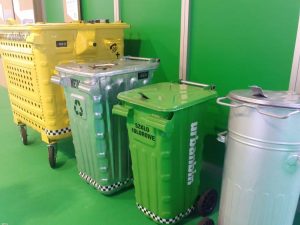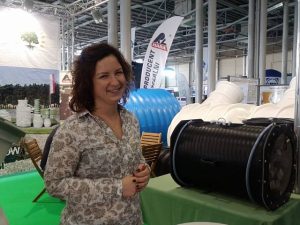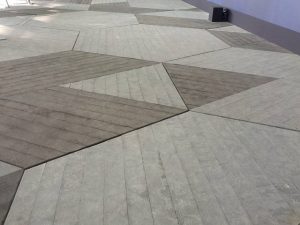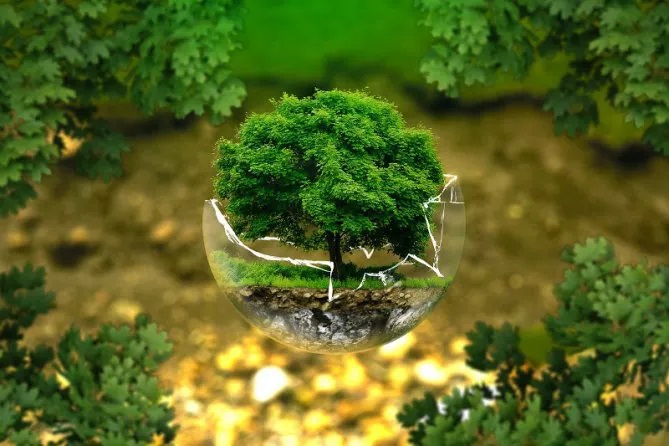Poland has developed a productive foundation for the development of environmental entrepreneurship within individual families. The basic idea that unites enterprises of this type is to create a cleaner environment.
The first vivid example of the family business of ecological orientation is the Marek Guza family. He started a company specializing in the manufacture of metal waste containers called Urbanbin. The company has been successfully operating for almost a quarter of a century. The metal containers manufactured by the Marek Company have a volume of 110-1100 liters. In addition, it should be note that Mr. Guz, due to his company, hired about 20 people.

The owner himself said that before he opened the company, he spent some time studying the municipal waste recycling market. A little later, he developed several containers of different configurations and colors. Marek Guza containers have chips that report fullness and fit different types of garbage trucks.
Poles decided to install special sensors in garbage cans, which determine their uniqueness and relation to the owner. In addition, in Poland it is accept to close the containers to the lock to prevent the entry of foreign litter into the tank. Before the garbage can collect waste, they are weigh. This allows the Poles to pay only for a specific weight.
Marek Guz also notes that his containers are several times stronger and will last much longer than those made of plastic will. The price of such garbage cans is only 20-30 percent higher.
Homeland Lusina also gave a start to Haba to a quarter century ago. The company specializes in cleaning water for private households. At present, the company has already created 35 jobs for the residents of the town Grodzhik, in which it is located.

The company Haba is engaged in manufacturing of treatment plants, which have been specially certify in Poland. These devices do not take up much space in a private household.
It should also be note that the water purified by them does not have any foreign odors and fully meets the purification standards established in the country.
The most compact installation of a water treatment system can serve a family of four people. It is able to process 2.3 cubic meters of wastewater. The cost of such an installation – 7 thousand zlotys, which corresponds to almost 50 thousand hryvnia. The leading specialist of the company, Martha Lusin, says that such a system can be located by digging into the ground. If it is then cover with a hatch, then it will be extremely difficult to notice it.
The company Lusin’s family produces an extensive line of water treatment plants that have demand in Poland, and beyond its borders.
A vivid example of family business is VIVE Textile Recycling. The period of its existence is also 25 years, as in the examples described above. The firm is a leader in the field of recycling of textile products.
The company has provided jobs for about 1200 people. Such a number of workers are able to recycle four hundred tons of textiles per day, turning it into industrial products.
The enterprise has special lines, through which used things are sort according to the composition of fabric, color and purpose. If the thing is qualitative and looks good, it is send for washing and special treatment, and from there – to VIVE Profit stores. Other things are subject to grinding and granulation. The granules are then use as raw material to create a new product.

In order to create industrial wipes or special sidewalk slabs (more like room laminate), garden benches or tables resembling wood to granules add 10 percent of the plastic bags.
Capacities for gathering used things are install in the passable places of Poland.
Polish designer Mariusz Przybylski created a whole collection of clothing with the support of the VIVE Textile Recycling Group. This move changed the attitude to things created from recycled material. The collection of the eminent designer was name “Transformation” and was present at the event POL-ECO-SYSTEM 2017.
In Poland, legislation and local government with state support provide favorable conditions for family business. This leads to the fact that saving the environment from social investment becomes an economically profitable lesson.


